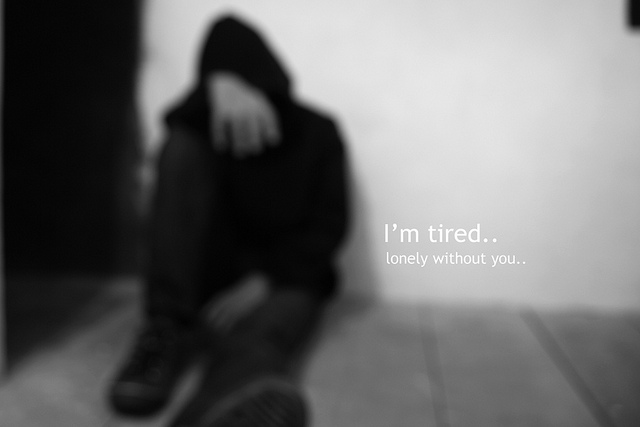“Johnny” drove me crazy. He was always up and out of his seat and bobbing around the classroom. One eye constantly tracked him, waiting for him to get up, and he never disappointed, it was easy enough to get him to sit back down but he was always back up. It was a moment to moment mental wrestling match, a test of wills and I was committed to winning.
It really didn’t bother the other kids. But he drove me crazy. He’s supposed to be seated.
Then I met his mom. You know how you learn to give backhanded compliments to get to a critique.
“Johnny’s such a nice kid… but he won’t stay in his seat.”
“Yeah he’s been like that since the head injury” she said matter of factly
Time slowed and I thought back on all the stress I had put on this kid– for no good reason, the other kids weren’t bothered or distracted, I was creating the distraction.
After that I didn’t care, he would pop up, bob around, sit down, pop up again, we were both a lot happier, and I focused more on the actual work.
That was like 100 years ago, and things were different.
But I still work in schools and I still struggle with some students, but now the struggle is to understand not control.
Physical trauma versus emotional trauma—why does it matter?
And, head injury, I understand that, that’s easy, physical trauma changed your brain. But what about other brain changing events, no less significant, but unseen?
Trauma doesn’t need to be physical to change your brain. Literally, accumulated stressors or one or a few major traumatic events can change your brain chemistry permanently, putting that fight or flight mechanism on overdrive, creating reactions to stimulus that don’t make sense to the non-traumatized brain. I have covered this before, and I will continue to argue that trauma should qualify as a disability and be accommodated.
If only for suspensions and expulsions, many of the extreme behaviors we see in school, come from traumas. The fights over verbal slights, the extreme reaction when touched or grabbed by a staff member, the carrying of a weapon for self defense, many other scenarios—reactions to trauma.
Wounds we can see get much more sympathy than those we can’t. How many students’ moms don’t I talk to, how many of their moms don’t know, how many of their moms won’t tell me, or can’t. More than I know.
Life is hard in Oakland, our kids experience things they shouldn’t, and they soldier on, more often stoic than expressive.
But it’s always expressed, one way or another, in quiet self-destruction or loud defiance. In fights or flights.
I am a lot older and wiser now, not nearly wise enough, I still volunteer in schools and kids still get up, but now I am not wrestling with them, I may ask them what is going on, or ask them not to bother anyone else, but I am lot less confident in what I know as I get older, and I hope that makes me a better learner and teacher.

